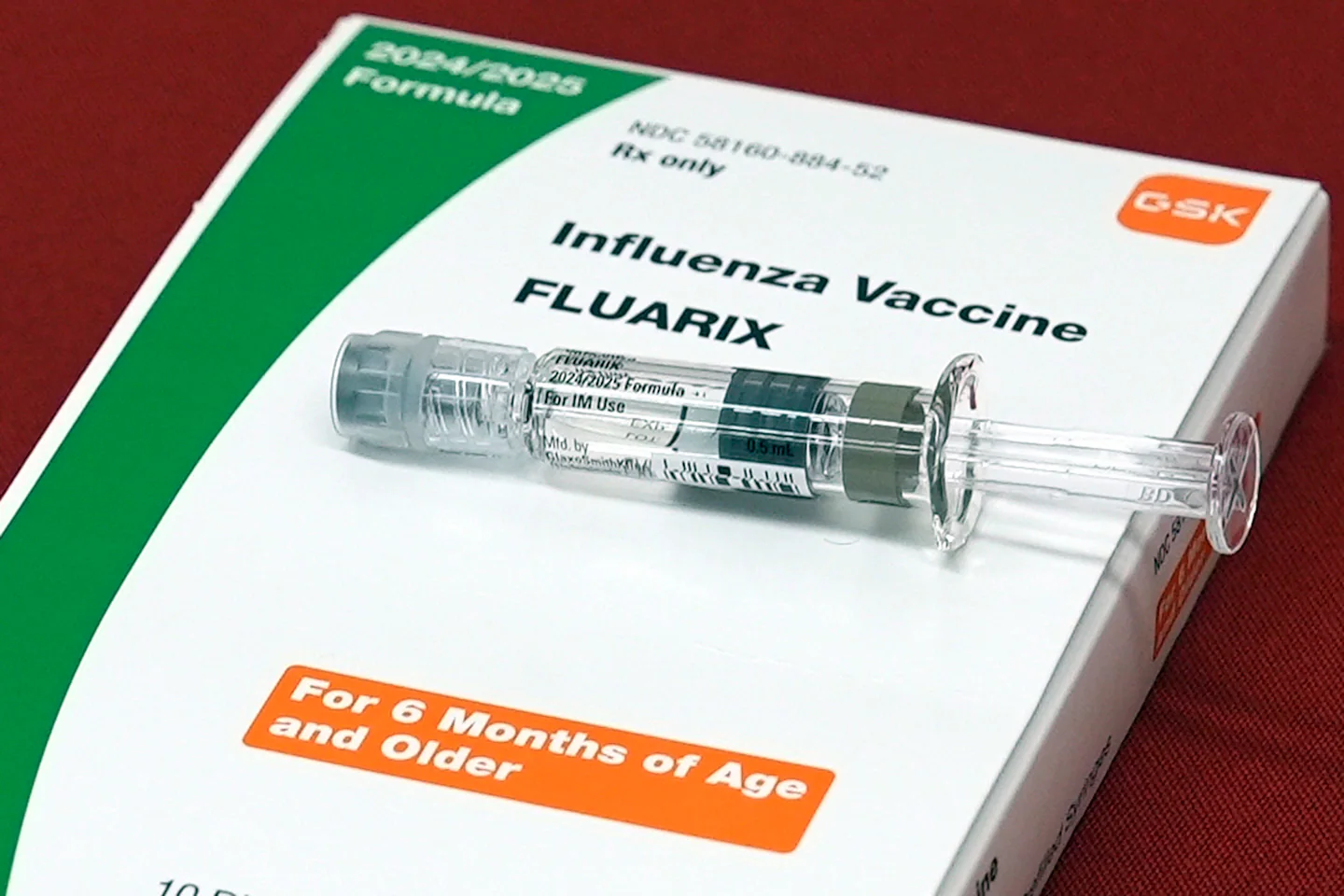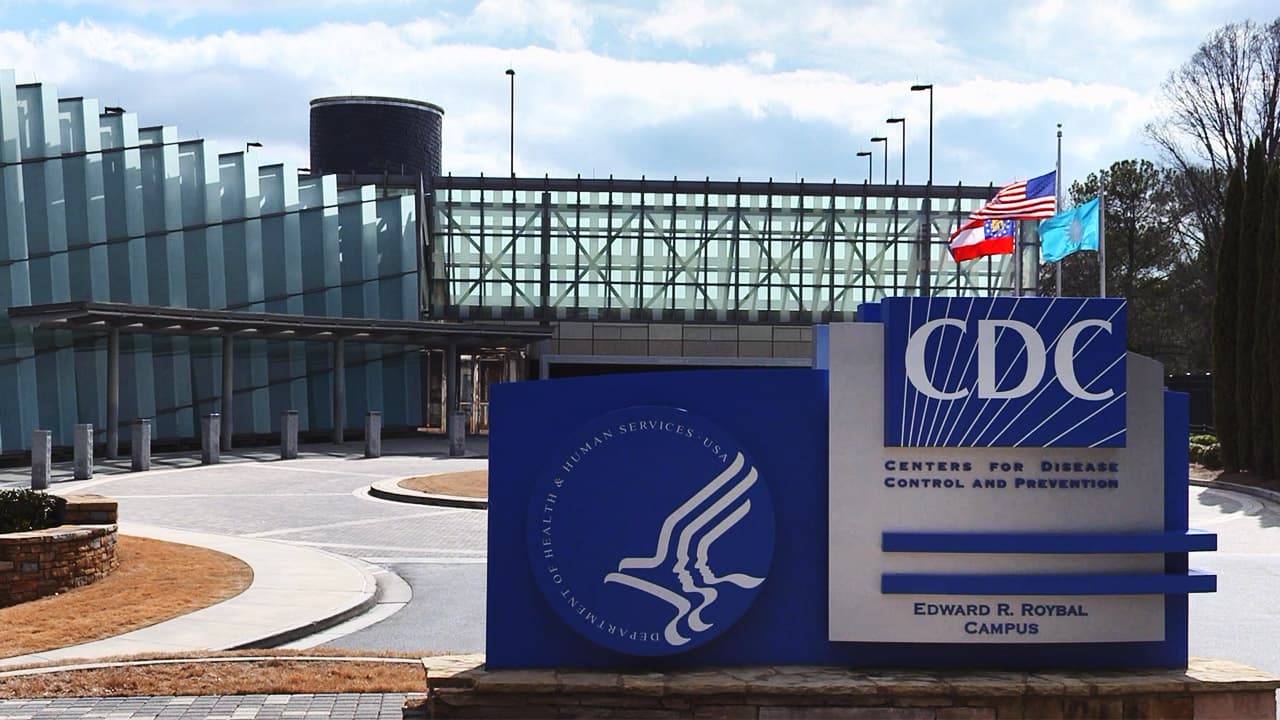The CDC"s Advisory Committee on Immunization Practices has made a dangerous move that could jeopardize public health. In a shocking vote, the committee approved the removal of thimerosal from seasonal flu vaccines, influenced heavily by anti-vaccine activist Lyn Redwood, a former president of a prominent anti-vaccine organization. This decision comes despite overwhelming scientific evidence supporting the safety of thimerosal, a preservative used for decades to prevent contamination in multi-dose vials.
Unprecedented Influence of Anti-Vaccine Activists
Robert F. Kennedy Jr., a controversial figure in the vaccine debate, has made significant appointments to the CDC"s ACIP, including members with anti-vaccine views. During the recent meeting, Redwood presented misleading information that was neither scrutinized nor countered by committee members. This lack of critical analysis raises serious questions about the integrity of the committee’s decision-making process.
Public Health at Risk
According to the CDC, approximately 96 percent of flu vaccines available in the U.S. for the 2024–2025 season do not contain thimerosal. Yet, the committee"s decision could set a dangerous precedent. If other countries follow the U.S. lead and abandon thimerosal, it could lead to increased vaccine costs worldwide, resulting in lower vaccination rates and potential outbreaks of vaccine-preventable diseases.

Robert F. Kennedy Jr. seeks Senate support amid backlash
Cherry-Picked Data and Censored Science
Prior to the vote, the CDC released a background document summarizing numerous studies affirming the safety of thimerosal. However, this document was mysteriously removed from the meeting"s materials at the behest of Kennedy"s office. The absence of this critical information, alongside Redwood"s unchallenged presentation, highlights a troubling trend in which scientific consensus is being undermined by anti-vaccine ideology.
Consequences for Global Health Equity
Removing thimerosal from vaccines could lead to a ripple effect, particularly in low- and middle-income countries that rely on multi-dose vials to make vaccines accessible. The World Health Organization has warned that such a change could exacerbate health disparities and increase the burden of infectious diseases globally. This is not just about one preservative; it is about ensuring equitable access to life-saving vaccines.

Trump officials cancel influenza vaccine meeting - The Washingto…
The Role of Science in Public Policy
The decision to abandon thimerosal is a clear departure from science-based public health policy. Pediatric experts, including Cody Meissner from Dartmouth, voiced their concerns about the committee"s lack of rigorous debate and the potential implications for global vaccine access according to the CDC. Vaccines are a cornerstone of public health, and decisions made by bodies like ACIP must be grounded in robust scientific evidence, not influenced by fringe theories.







![[Video] Gunfire between Iraqi security forces and Sadr militias in Baghdad](/_next/image?url=%2Fapi%2Fimage%2Fthumbnails%2Fthumbnail-1768343508874-4redb-thumbnail.jpg&w=3840&q=75)
